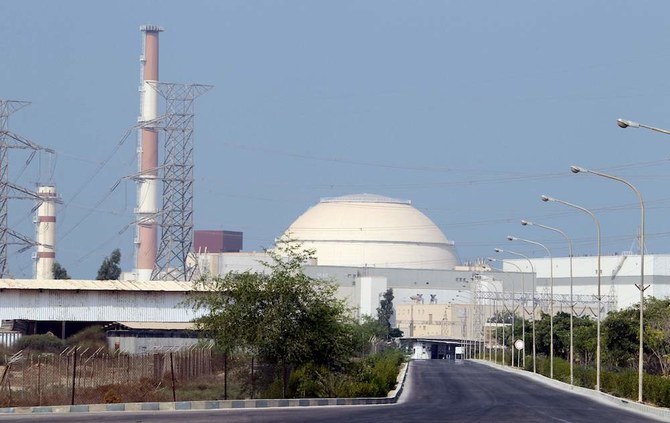European Powers Anticipated to Breach Iran Nuclear Deal

The United Kingdom and other European powers are set to announce their intention to violate the 2015 Iran nuclear deal, signaling a significant shift in the diplomatic landscape. The decision not to lift sanctions on Tehran’s missile program comes as a direct response to Iran’s repeated breaches of the agreement and its proximity to producing uranium suitable for nuclear weapons.
The 2015 Iran nuclear deal, also known as the Joint Comprehensive Plan of Action (JCPOA), was designed to limit Iran’s nuclear program in exchange for sanctions relief. However, in 2018, former US President Donald Trump withdrew the United States from the accord, while Germany, France, and the United Kingdom remained committed participants.
Since the US withdrawal, Iran has increasingly violated the JCPOA’s terms by surpassing the limits on enriched uranium, moving closer to the threshold of producing nuclear weapons-grade material. European nations, among others, have expressed growing concerns over Iran’s disregard for the agreement and its potential to develop a nuclear arsenal.
The decision by European powers to withhold sanctions relief on Iran’s missile program carries inherent risks, given the unpredictable nature of Iran’s response, particularly as it inches closer to acquiring weapons-grade uranium. The situation has raised alarm bells in the international community and is likely to escalate tensions in an already volatile region.
The justification for the breach centers on Iran’s multiple violations of the accord, as well as its involvement in selling drones to Russia for use in the invasion of Ukraine and the potential future transfer of ballistic missiles to Russia. These actions have further strained the trust between Iran and the international community, making it difficult to maintain a unified front in the face of Iran’s nuclear ambitions.
Moreover, the monitoring agreement for Iran’s nuclear program has faced challenges, with limited and fragmented access for inspectors. Iranian lawmakers have opposed the installation of security cameras at a site in Isfahan, further complicating efforts to ensure compliance.
One of the critical points of contention within the 2015 nuclear agreement were the “sunset clauses,” which required the lifting of certain sanctions over time. However, the extent of Iran’s violations was unexpected, leading to growing concerns among western powers.
The looming deadline adds urgency to the situation, with EU sanctions scheduled to expire on October 18. As the future of the agreement hangs in the balance, US-Iran talks in Oman will play a pivotal role in determining the trajectory of the crisis.
Adding to the complexity of negotiations, the US Department of State recently suspended its special envoy for Iran, Rob Malley, due to concerns over the potential mishandling of confidential information. This move has further complicated diplomatic efforts and raised questions about the ability to find common ground between the parties involved.
On the domestic front, some prominent Republicans in the United States have voiced their opposition to the prospect of a new agreement with Iran, arguing instead for harsher measures to address the country’s nuclear ambitions. This division within US politics may pose challenges in achieving a cohesive approach to dealing with the Iran situation.
